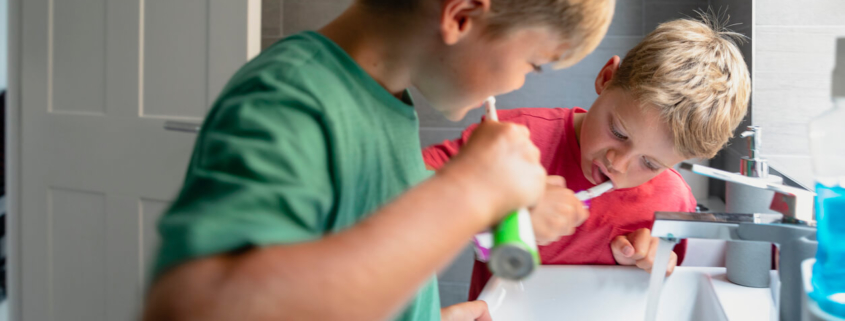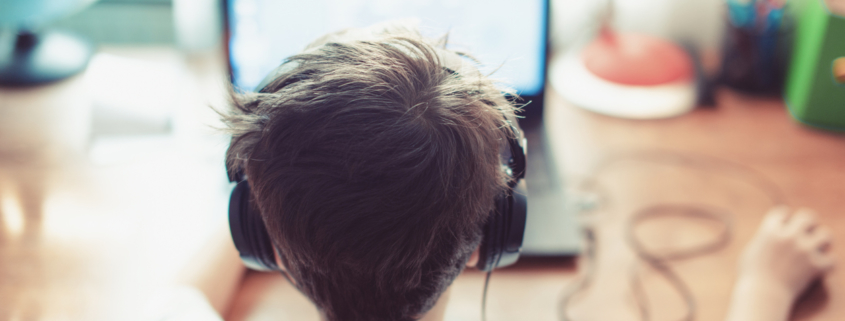8 seconds. Multiple sites on the internet state that a teenager’s attention span is 8 seconds… and that the attention span of a goldfish is 9 seconds. Dig a little deeper and you find that this is an urban myth. (Just goes to show that you can’t believe everything on the internet… you have to know your sources.)
Get Updates, Tips and Insights
Articles, stories and advice for parents and educators of kids who could use a little help paying attention.
LINKS
CONTACT INFO
HOURS
Mon – Fri: 8:00AM – 6:00PM
Sat – Sun: Closed










